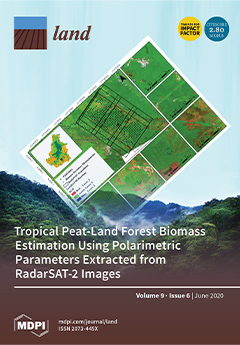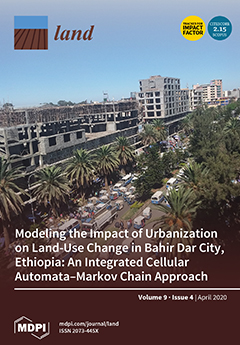Five scale challenges in Ecuadorian forest and landscape restoration governance
The forest and landscape restoration (FLR) targets set as part of the Bonn Challenge draw attention to the governance arrangements required to translate national FLR targets into local action. To achieve the targets, actors at multiple levels of the governance scale aim to influence relevant processes on the ecological scale. In this article, we focus on the scale challenges relating to the implementation of Ecuador’s restoration targets, by analysing the implementation of the 2014–2017 National Forest Restoration Plan in the montane Chocó Andino and Bosque Seco landscapes.




